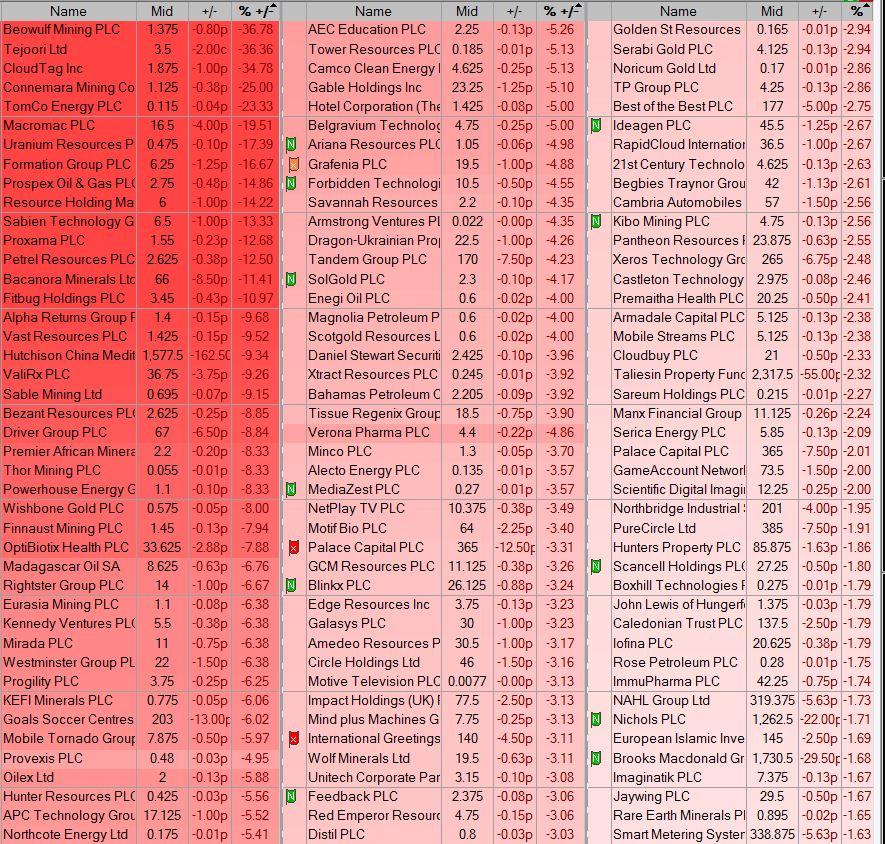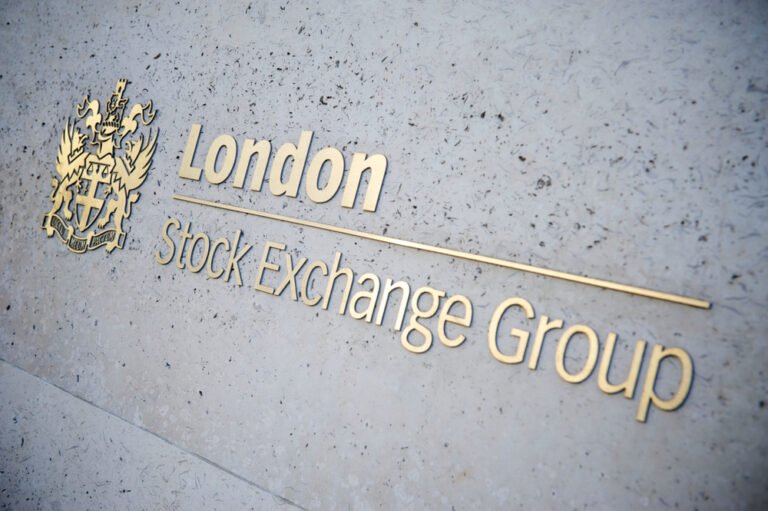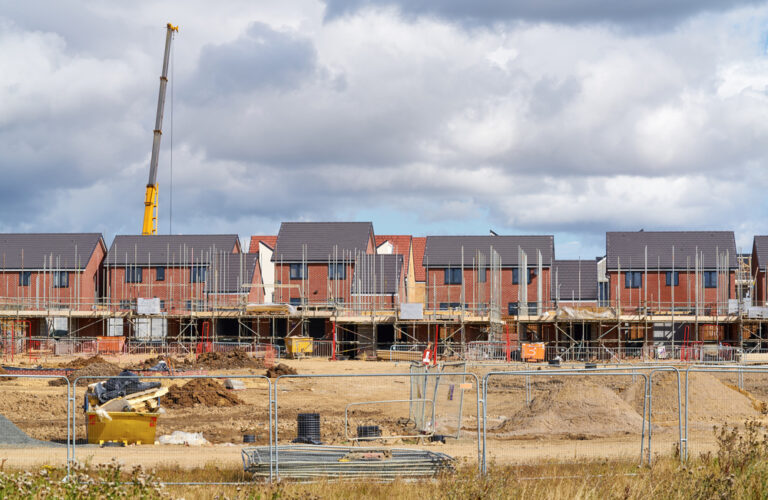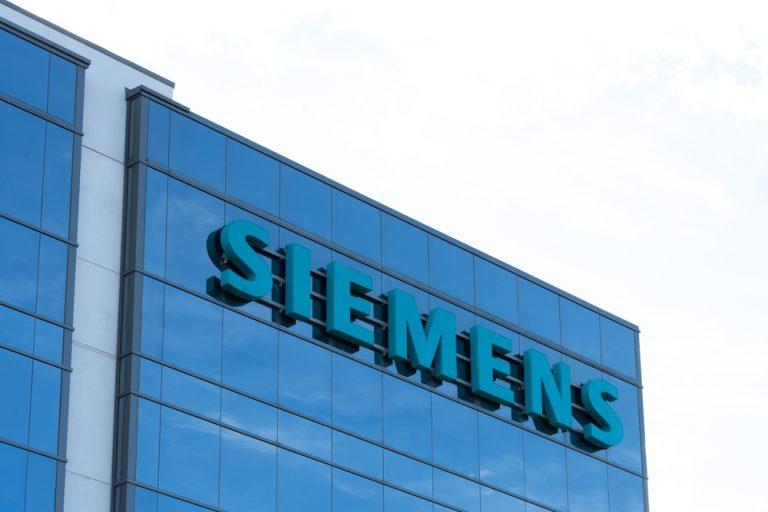The rapid growth of technology has reshaped investment strategies, placing artificial intelligence (AI) at the centre of this transformation. Financial professionals are increasingly using advanced tools to refine decision-making and manage portfolios effectively. AI enables investors to analyse extensive datasets, identify patterns, and make precise choices that improve results. Leveraging AI for investment strategies enhances opportunities for higher returns while providing insights previously unavailable.
Transforming Data Analysis with AI
AI-driven data analysis has significantly improved investment practices. Traditional data processing often struggles to manage the scale and complexity of today’s financial information. With AI, investors can use machine learning algorithms that learn from historical data to identify patterns and predict market trends with high accuracy. This advanced capability allows for deeper insights into subtle market behaviours, enabling precise forecasts and customised investment approaches.
Beyond forecasting, AI can monitor multiple securities simultaneously, providing real-time updates on critical market fluctuations. This timely information helps investors act quickly on buy or sell decisions, increasing their opportunities for returns. While AI enhances data analysis and efficiency, human judgement and expertise remain vital for navigating unpredictable financial conditions. For those looking to communicate their investment insights effectively, crafting impactful presentations using AI technology can be a game-changer.
Enhancing Decision-Making with AI Insights
The decision-making process in investing traditionally combines quantitative analysis with qualitative judgment. AI enriches this process by offering deep insights and actionable intelligence that simplify complex decisions. By analysing past performance, investor sentiment, and external economic factors, AI delivers tailored reports and recommendations aligned with specific investment goals.
In addition to shaping strategies, AI significantly enhances risk management. It identifies potential challenges early, such as credit risks, market volatility, or sector instability. For instance, AI algorithms can assess the creditworthiness of assets, monitor geopolitical risks, and simulate economic scenarios, helping investors anticipate potential outcomes. This enables portfolio adjustments that foster resilience against market fluctuations.
AI also simplifies data-driven investing through accessible platforms designed for users without technical expertise. These tools feature intuitive dashboards and pre-built algorithms, making advanced analytics available to all. Investors can use these platforms to apply insights more effectively, optimising strategies while minimising guesswork.
While AI provides powerful capabilities, human oversight remains essential. Combining AI’s precision with human experience ensures a balanced approach, fostering well-informed, strategic decisions.
The Impact of Collaboration in AI-Driven Investing
The integration of AI with collaborative tools has transformed the way investment professionals work. Collaborative platforms enable teams to share insights, data, and analyses in real-time, fostering a more dynamic decision-making process. This collective approach ensures that diverse perspectives and expertise are incorporated, leading to well-rounded and effective investment strategies.
Platforms designed for collaboration in investment settings make AI tools more accessible and actionable for teams. For example, professionals can work together to create detailed reports, presentations, and analyses. The inclusion of multimedia capabilities within these platforms further enriches the way complex ideas are communicated. By presenting intricate data visually, teams can articulate strategies and insights more clearly to clients and stakeholders.
Design tools that support collaboration play a pivotal role in improving communication within investment teams. These tools enable professionals to create impactful presentations with templates, graphic elements, and multimedia integration. Such visuals not only simplify complex data but also help align team efforts by creating clear, cohesive narratives.
AI-driven collaboration doesn’t just improve individual performance; it amplifies team productivity by unifying efforts toward shared goals. Advanced platforms also include project management features, allowing teams to assign tasks, set deadlines, and track progress efficiently. Cloud-based systems facilitate seamless collaboration, ensuring every team member stays aligned on objectives.
The Importance of Continuous Learning in AI
As AI technology advances, staying informed and adaptable is essential for investment professionals. Regularly engaging with the latest developments in AI tools and methodologies ensures that investors can fully utilise these technologies to improve their strategies. Participating in workshops, webinars, and online courses focused on AI’s applications in finance provides practical knowledge and keeps professionals prepared for emerging opportunities.
Networking with industry experts and peers is also valuable. Discussions about best practices, innovative tools, and real-world success stories can reveal strategies that enhance decision-making. Attending industry conferences and knowledge-sharing sessions introduces professionals to the latest advancements that may refine their investment approaches.
Promoting a culture of continuous learning within investment teams is crucial for long-term success. Encouraging team members to explore AI tools, participate in training, and share insights creates an environment focused on improvement and innovation. Incorporating AI-related certifications or partnering with training organisations can help team members gain specialised skills.
Additionally, leveraging internal resources such as knowledge repositories or cross-team training sessions can ensure every team member is equipped to handle emerging challenges. For example, organisations can implement mentorship programmes where experienced team members guide others in adopting AI tools, boosting both individual and team efficiency.
The Future of Investment Strategies with AI
As the financial sector evolves, artificial intelligence is becoming increasingly integral to investment strategies. Advances in machine learning, data processing, and predictive analytics are enabling investors to achieve higher levels of accuracy and efficiency. AI is poised to reshape investment firms by streamlining operations and enhancing decision-making processes.
Looking forward, staying updated on the latest AI developments is essential for investment professionals. Engaging with industry experts, attending specialised forums, and exploring educational resources equips investors with the skills to utilise AI effectively. Rather than being a passing trend, AI represents a transformational shift in how financial decisions are approached.
With the continued sophistication of AI tools, investors will gain the ability to explore untapped asset classes and develop innovative strategies. AI’s ability to monitor global market trends, simulate economic scenarios, and assess risks will further empower investors. These capabilities allow firms to diversify portfolios, manage risks more effectively, and optimise long-term growth.
Ethical Considerations in AI-Driven Investing
As AI becomes a cornerstone of modern investment strategies, ethical considerations must remain a priority. The use of AI raises concerns about data privacy, transparency, and fairness. For instance, algorithms rely heavily on historical data, which may carry biases that could lead to skewed predictions or discriminatory practices. Investment firms must ensure that AI models are rigorously audited to minimise these risks.
Another critical aspect is the transparency of AI systems. Investors and stakeholders should have a clear understanding of how AI-driven decisions are made, particularly when large sums of capital are at stake. Adopting explainable AI frameworks can help demystify complex algorithms, ensuring accountability in decision-making processes.
Lastly, ethical AI use involves protecting sensitive financial data from breaches or misuse. By prioritising robust cybersecurity measures and adhering to regulatory guidelines, firms can maintain trust and integrity while benefiting from AI’s transformative potential.











